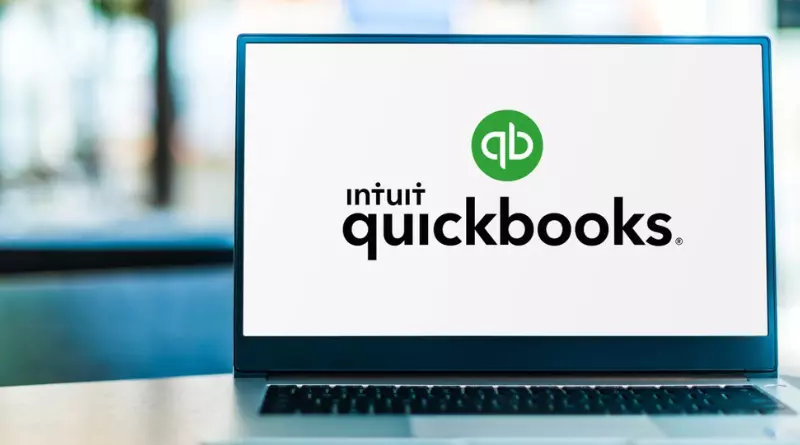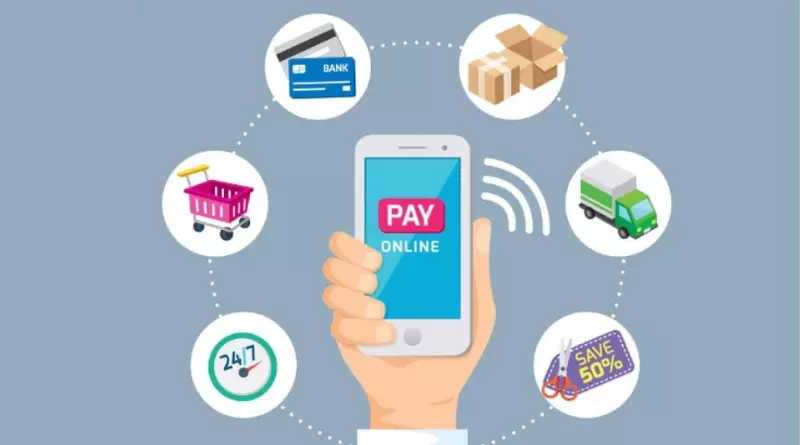Using QuickBooks: A Step-by-Step Guide for Effective Utilization

QuickBooks is a software program primarily used by small and growing businesses. It is also utilized by trained accountants and bookkeepers. With QuickBooks, business personnel can manage customer, vendor, and employee information.
This software enables users to track taxes charged to their business and monitor overall profits on a monthly or yearly basis. Governmental organizations and their accountants/bookkeepers use QuickBooks to manage employee salaries and keep track of inventory.
QuickBooks follows the double-entry bookkeeping method, ensuring accurate records by recording transactions in their respective debit or credit ledgers. The software can be accessed online, and it often provides a free trial period. However, the online version may have higher costs compared to the software-based version.
How to Use QuickBooks: A Step-by-Step Guide for Business Owners
If you are a business owner with a laptop or computer, you can easily learn how to use QuickBooks by following these specific steps. Start by purchasing the QuickBooks software from reputable computer software stores in your region to ensure authenticity and compatibility with your device.
Next, install the QuickBooks software on your laptop or computer, ensuring you have the necessary knowledge to complete the process accurately.
Once installed, watch the quick lessons provided by QuickBooks upon opening the software. These lessons offer an overview of how the QuickBooks program operates.
You will then notice three main categories on the homepage: customers, vendors, and employees. Take note of the distinct functionalities of each category during the installation process.
For example, when working with the vendor category, add new vendors by selecting the “new vendor” button on the page. Enter new transactions and properly categorize bills. You can view vendor information, lists, and transactions on your computer. Additionally, you can easily transfer data from QuickBooks to an Excel spreadsheet, allowing for seamless sharing across different computers.
Finally, utilize the Word document feature to compose letters to your vendors.
By following these guidelines, you can effectively use QuickBooks, simplifying your accounting and bookkeeping tasks. This will lead to clear, straightforward processes and timely transactions and payments, ultimately providing a positive experience for your employees. For information on the best laptops to run QuickBooks online, you can refer to LaptopUnderBox.
Unlock the Advantages: The Benefits of QuickBooks
1.Powerful Small Business Software
QuickBooks is a robust software specifically designed for small businesses, providing a range of advantages tailored to their needs.
2.Enhanced Capabilities
By understanding the basics of QuickBooks, you can unlock its full potential and utilize its features to their maximum advantage. This empowers you to streamline your business processes and improve efficiency.
3.Improved Service
QuickBooks enables you to efficiently manage your financial tasks, such as invoicing, expense tracking, and payment processing. This leads to better service delivery to your customers, vendors, and employees.
4.Easy to Learn
QuickBooks offers user-friendly interfaces and resources that make it easy to learn and navigate. You can quickly grasp the essentials and start utilizing the software effectively.
5.Accurate Financial Records
With QuickBooks, you can maintain accurate and up-to-date records of your income, expenses, and financial transactions. This helps you gain a clear understanding of your business’s financial health.
6.Time and Cost Savings
By automating various financial tasks, QuickBooks saves you time and reduces the likelihood of errors. It simplifies processes like reconciling credit cards, bill paying, and bank reconciliation, resulting in cost savings and increased productivity.
Overall, leveraging QuickBooks’ benefits empowers small businesses to effectively manage their finances, enhance their operations, and achieve success.
The 3 Key Functions of QuickBooks for Business Success
Credit Card Reconciliation
QuickBooks simplifies the process of reconciling credit card transactions, ensuring accuracy and preventing overlooked expenses. This feature is crucial for tracking paperless credit transactions and avoiding discrepancies.
Efficient Bill Paying
QuickBooks goes beyond a basic check register, providing efficient bill paying and tracking capabilities. Familiarizing yourself with the various bill-paying features in QuickBooks will streamline your financial management.
Bank Reconciliation
Bank reconciliation is of utmost importance to maintain the financial health of your business. Regular reconciliation ensures that your accounts are balanced and prevents potential issues like bounced checks and unpaid bills. QuickBooks simplifies the bank reconciliation process, safeguarding your business’s reputation and saving you time and effort.
By mastering these three essential functions in QuickBooks, you can establish a solid foundation for effective financial management. QuickBooks offers user-friendly tools to support these functions and make your accounting tasks easier.
conclusion
In conclusion, QuickBooks offers a multitude of benefits for small businesses. This powerful software provides enhanced financial management, streamlined processes, and accurate record-keeping. By mastering the basics of QuickBooks, you can maximize its advantages and improve your business operations. With its user-friendly interface and comprehensive features, QuickBooks empowers you to efficiently manage your finances, make informed decisions, and drive the success of your business.





